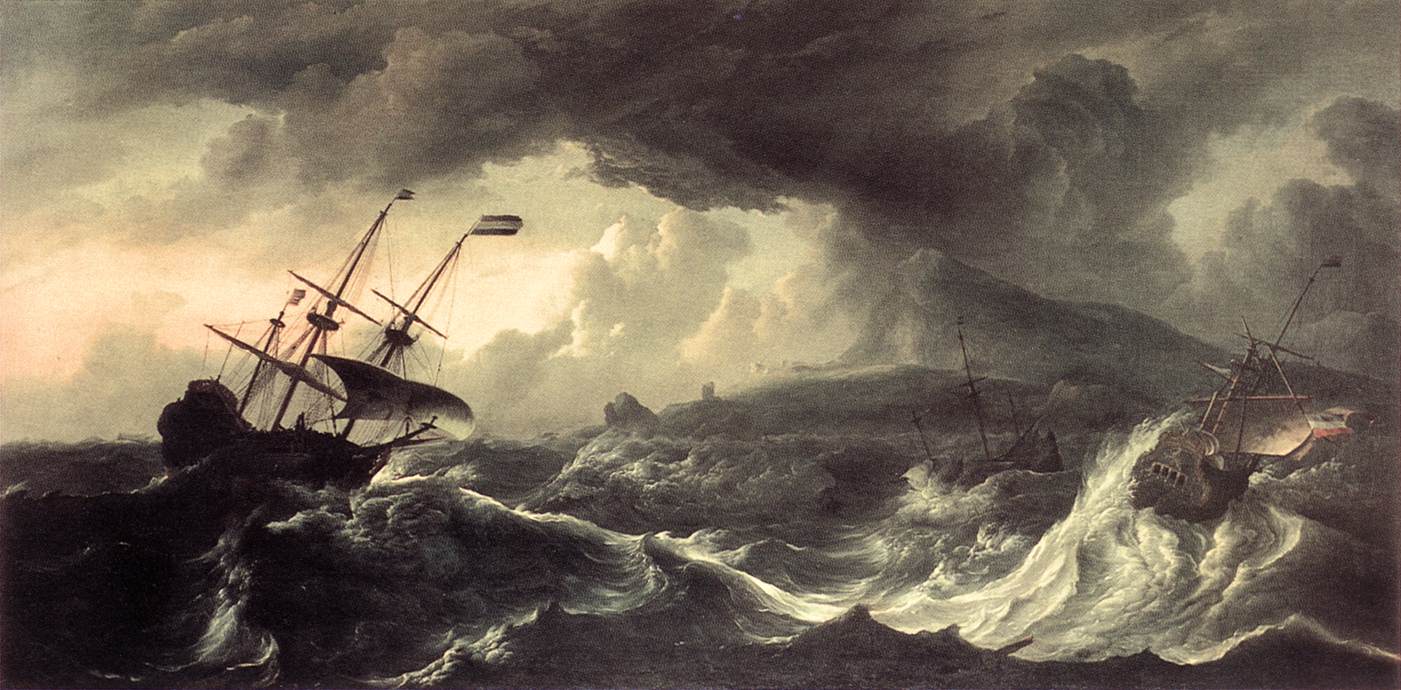As the ships of an overbuilt cannabis industry sail out into an economic storm that will leave many wrecked on the ocean floor of insolvency, seasoned farers of the capital seas are reminded of similar tides that crashed over the dot-com bubble.
Brad Poulos was a captain who braved the speculative seas of yore. While he now teaches cannabis business at Ryerson University, Poulos was once the CEO of a company that survived the original boom and bust of the internet era — a time that he says the Canadian cannabis industry could take a cue from.
“They could have 18 months ago,” he said, recalling that massive networks of fibre optic cable laid by companies like 360networks and WorldCom in the late ‘90s went largely unused for over a decade. The massively overbuilt Canadian cannabis industry is undergoing a similar reckoning, and the producers that make it through will have to make some tough decisions to get there.

Brad Poulos is a professor at the Ted Rogers School of Management at Ryerson University. He teaches courses on entrepreneurship and cannabis business. Submitted photo
“I remember that our revenues in the year 2000 were 17 million, and the following year they were exactly 8.5 million. It was so close to 50 per cent we wouldn’t argue over the difference,” Poulos said.
His company issued a small round of layoffs and got everyone else to take a pay cut, which he said they ultimately got back plus a 10 per cent top up on the deferred wages.
But he remembers saying to his employees: “Guys, we have one job: survive. Right now we just have to survive, because this will end and some companies won’t.”
If you argue that the cannabis industry doesn’t need a shakeout, you need to have your head examined, Poulos says. On the other hand, some companies complain that no weed businesses meet the strict criteria required to receive federal support funds.
Read more: To apply for federal relief funds, weed companies need to have 3 quarters of positive cash flow
So, if no producers have consistently generated positive operational cash flow, should none of them receive support?
“No, I don’t think I would agree with that,” Poulos said. “Government policy — if it’s applied in a black and white manner at a time like this, then we’re going to be in trouble.”
Especially if businesses are receiving wage subsidies, we don’t want to prop up unprofitable ones with more taxpayer money. We’re not here to help shareholders, Poulos says.
But if none are qualifying, there is a logical way to walk back through balance sheets to see which companies are stable enough to warrant the investment.
No they do not. https://t.co/thhOJbhDnU
— Dan Sutton (@DSutton1986) March 29, 2020
“If you look at how we assess companies, the be-all and the end-all of course is lots of positive cash flow and dividends,” Poulos said. “If a company doesn’t have that, then you look at profit. If the company doesn’t have that, then you look at EBITDA. If a company doesn’t have that then you look at gross profit.”
If none of the companies are meeting the criteria, you work back from the panacea. There are reasonable ways to do this, he said.
Going into a recession, Poulos sees cannabis businesses in the same light as other businesses: You want to go in with a strong balance sheet that’s not bogged down by debt obligations. You want your expenses to be in line. Straightforward stuff.
“And to the extent that’s not true as you enter a recession, then you run a greater risk than the other companies in your industry of not making it through,” he said.
While Poulos expresses little forgiveness for ill-prepared operators, one sector that he expresses remorse for is the new extract market.
“This is really unfortunate for cannabis 2.0 — all the derived product,” he said. “In this environment it’s just a little more difficult to get any momentum, period. And this was a brand new piece of the industry that had some promise. It’s not over, I’m just saying it’s unfortunate given that it was getting a bit of a head of steam just as all this happened.”
Top image: Ships in a Storm off the Norwegian Coast, painted by Ludolf Bakhuisen in the 1690s. Public domain
nick@mugglehead.com
@nick_laba














